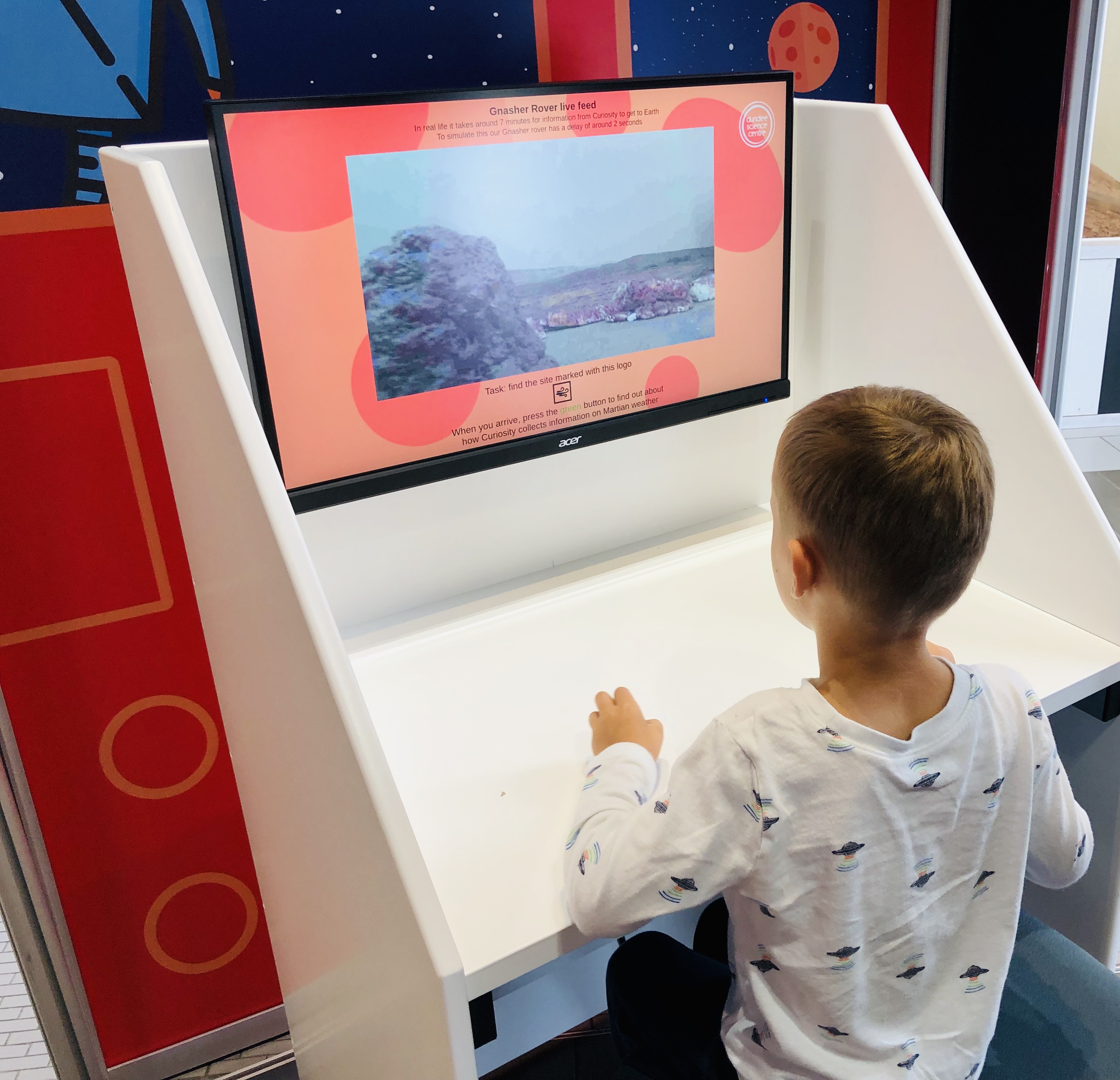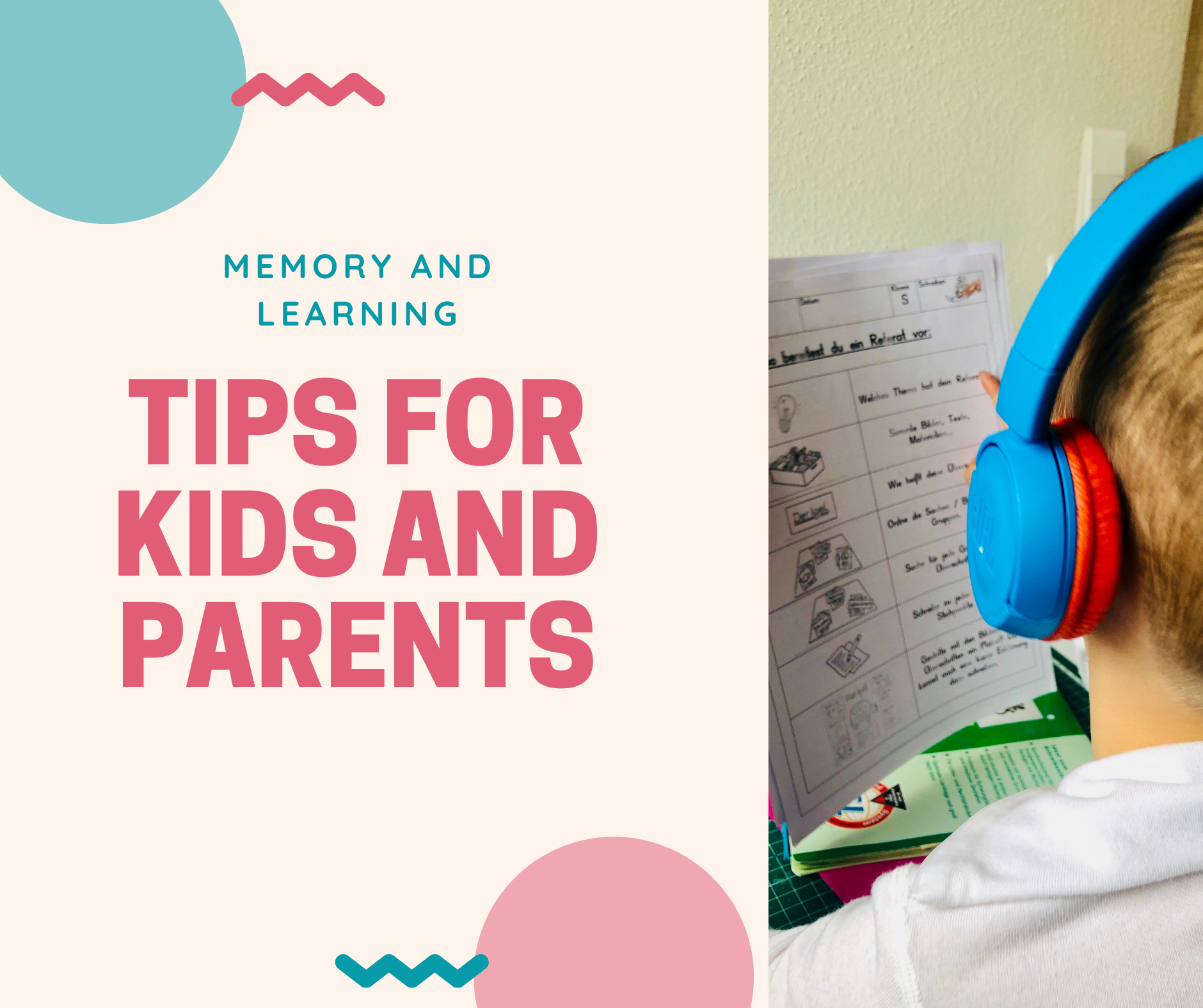Screen-Time: Pros and Cons

Screen-time seems to be a very sensitive topic, especially in early childhood. While much research has been focused on the harmful effects of spending time in front of screens, many parents see this time as a tool for keeping their sanity. Some of them work from home (especially now during this corona time), others come home too tired after a night shift. Some use this time to have a quiet conversation with a friend or to re-charge, and others believe that screen-time can help their children learn. Finally, there are parents who simply think that cartoons should be a large part of childhood.
In this article you can read more about:
Why is screen time bad for kids?
We are often bombarded with the newest research showing how negative screen time can be for the health and well-being of children and adolescents, recommendations for reducing this time and suggestions for replacing it with different activities. Why is it so bad for children?
Let's see what research has to say about this topic.
To start with, higher levels of screen-time are associated with a variety of health harms for children and young people, with evidence strongest for adiposity, unhealthy diet, depressive symptoms and quality of life[1].
In addition, a large number of studies[2] on the impact of TV viewing suggests that (too much) screen-based media can cause:
- language delay
- poor sleep
- impaired executive function and general cognition
- decreased parent-child engagement
- obesity.
Even though many parents believe that screen-time fosters cognitive development, researchers are not so sure about how and how much children under the age of five actually learn this way.
All these issues are a consequence of too much screen-time.
Now, how much is too much? According to the World Health Organisation (WHO) [3], any screen time before the age of two is considered too much. Nevertheless, in Croatia [4], 79% of children start spending time in front of a screen before that age. A bit older children, pre-schoolers, have 2 to 3.6 hours of screen-time a day (maximum of 2 hours is recommended).
Screen-free: easier said than done?
But how easy it is to follow all those recommendations?
Say you came home after work, head pounding, and kids ask a million questions. Then they start fighting… Or maybe you have a four-year-old and a new-born. How likely is it, that the younger one won't have any screen-time with his older sibling? Or perhaps you have a family living 800 kilometres away. One way to stay in contact is through video calls and video messages. Are you really going to take away this opportunity to see their grandparents from your child in behalf of the screen-free environment?
We all know that social and cognitive skills are better developed in interaction with other people rather than a screen. But, does this mean that your child is facing doom if you let them watch a cartoon now and then?
The answer to this question is not that straightforward. There are other elements in this equation – Do they sleep enough? Eat healthily? Spend plenty of time in nature? Move a lot? Play and interact with others? Read with their parents? Talk about what they watch?
If (mostly) yes, they should be just fine.
Are there any benefits of screen time?
When talking about older children (read again: older children), research also suggests that screen media can become tools for learning if two critical factors are taken into consideration: content and context. Having that in mind, screen-time might also be useful in broadening children's knowledge.
Let's take my kids as an example.
Einstein E and Power P have 20 - 30 minutes of screen-time a day, and they always manage to learn something new. Being one of those mums who always has something to ask and discuss, I also extended my knowledge about dinosaurs :)
(A short extract from transcription) Power P: Indosuchus catches other dinosaurs with that. (age: 5 years 10 months) |
As we can see, older children can learn something while watching cartoons. This is a reason more for selecting educational and age-appropriate content. Besides content, contexts also plays a vital role. Ask questions (just in case you've missed it, read about the importance of questions here ), discuss, and talk about the cartoon/film.
You've probably noticed that children often pretend to be different cartoon characters when they play. This attempt to identify with the character is also evident from the language they use. In one small-scale study I conducted with my kids when they were four, there was a significant correlation between the language in cartoons and the one they used while playing. This means that screen-time can be your alley in helping children learn other languages.
This is one example
For Einstein E and Power P, Tractor Tom understands only Croatian. Why? Because they watched the cartoon in Croatian. (age: 4 years 6 months) |
On the other hand, Jet and Dizzy (from Super Wings) understand only German. Why? Because they watched this cartoon in German.
What can we conclude about screen-time?
- less is more
- even if kids sometimes watch more, it's not the end of the world
- content is important
- talk about the shows your kid watches
And most importantly, don't forget that, for a healthy development, children need nature, play, reading, drawing, climbing, jumping, bikes and scooters, other children and grown-ups, healthy diet, enough sleep... and few cartoons
[1] Stiglic N, Viner RM (2019). Effects of screentime on the health and well-being of children and adolescents: a systematic review of review. BMJ; 9:e023191. doi: 10.1136/bmjopen-2018-023191
[2] Paediatrics & Child Health (2017). Screen time and young children: Promoting health and development in a digital world. Oxford University Press, 22 (8), 461–468.
Hutton JS, Dudley J, Horowitz-Kraus T, DeWitt T, Holland SK. Associations Between Screen-Based Media Use and Brain White Matter Integrity in Preschool-Aged Children. JAMA Pediatr. 2020;174(1):e193869. doi:10.1001/jamapediatrics.2019.3869
[3] World Health Organisation. WHO Guidelines on Physical Activity, Sedentary Behaviour and Sleep for Children Under 5 Years of Age. Geneva, Switzerland: World Health Organization; 2019.

